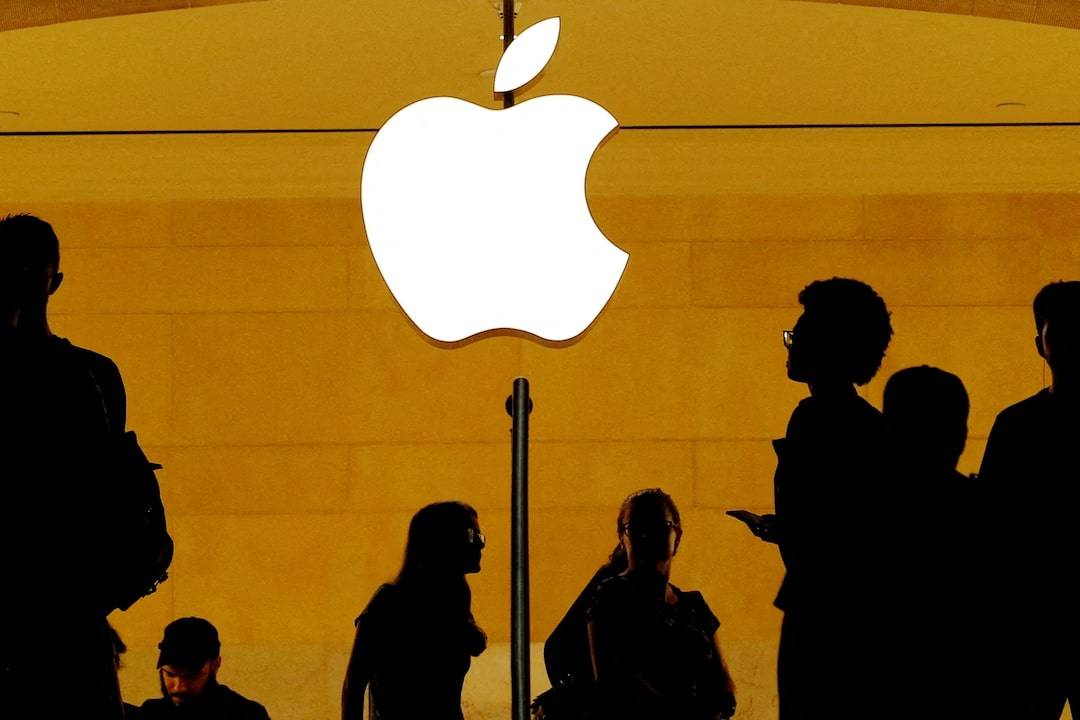International lawyers representing the Democratic Republic of Congo have welcomed Apple's decision to halt mineral sourcing from the conflict-ridden region. However, they emphasize that Apple's supply chain statement must be verified to ensure accountability.
Congo is a significant source of tin, tantalum, and tungsten, essential minerals used in computers and mobile phones. Unfortunately, some artisanal mines in the region are controlled by armed groups responsible for heinous crimes, including massacres, rapes, and human rights abuses.
Apple has strongly disputed allegations of using conflict minerals in its supply chain, stating that it has instructed suppliers to suspend sourcing from Congo and Rwanda. The tech giant claims to audit suppliers, publish findings, and fund initiatives that improve mineral traceability.
However, lawyers representing Congo argue that Apple's statements are insufficient and require verification. They contend that Apple used minerals pillaged from Congo and laundered through international supply chains, making the company complicit in crimes committed in the region.
The conflict in Congo's mining heartlands has resulted in millions of civilian deaths and displacements since the 1990s. Competition for minerals is a significant driver of conflict, with armed groups sustaining themselves and purchasing weapons with smuggled mineral exports.
Rwanda has denied benefiting from the illicit mineral trade, but the United Nations and human rights organizations have raised concerns about the country's involvement.
The case against Apple has been filed in France and Belgium, with Congo's lawyers seeking justice for the alleged crimes committed. The lawyers have cautioned that Apple's statements do not change the past and that verification is necessary to ensure accountability.
As the case unfolds, it remains to be seen how Apple will respond to the allegations and whether the company's supply chain statement will withstand scrutiny. One thing is certain: the world is watching, and the outcome of this case will have significant implications for global corporations and their supply chain practices.




No comments yet
Be the first to share your thoughts!